Hundreds of Venezuelans living in Argentina gathered yesterday in the Retiro neighbourhood of Buenos Aires to protest against the planned visit of Nicolás Maduro to Buenos Aires.
The Bolivarian leader is due to visit the capital under the framework of the Community of Latin American and Caribbean States (CELAC) summit that kicks off Tuesday, but his fellow Venezuelans who live in Buenos Aires have been sharp to criticise his presence at the event.
“Dictadores nunca más,” or "Dictators never again," was the slogan of the mobilisation, taking its lead from the hashtag used in communications by different sectors of Argentina's opposition Juntos por el Cambio coalition issued to reject the invitation to the summit extended by President Alberto Fernández to Maduro and other far left-wing leaders such as Miguel Díaz Canel (Cuba) and Daniel Ortega (Nicaragua).
Thirty-three Latin American and Caribbean heads of state are invited to the meeting, which will be marked by the return to the stage of Brazilian President Inácio Lula da Silva. Argentina currently holds the pro-tempore presidency of the bloc.
The demonstration, which took place at the Plaza Fuerza Aérea Argentina in front of the Sheraton hotel, was attended by several opposition lawmakers. PRO party chief Patricia Bullrich took the megaphone at one point and called for Maduro to be arrested should he set foot on Argentine soil.
"I am absolutely convinced that the requests we have made against Nicolás Maduro, that at the judicial level went to ask the courts for an arrest, an interrogation so that the case that is already at the International Criminal Court has all the testimonies and that the case moves forward," said the former security minister.
A few days ago, Bullrich had said in a post on Twitter that the Venezuelan head of state should "be arrested immediately for having committed crimes against humanity, as happened with [Chilean dictator] Pinochet in London in 1998.”
Brushing aside the criticism, President Fernández reiterated Sunday that Maduro "is more than invited" to the country to participate in the CELAC summit in Buenos Aires.
Fernandez pointed out that Argentina's position on Venezuela is for "Venezuelans to resolve things among Venezuelans," and to "stimulate the dialogues that are taking place in Mexico" through the International Contact Group, made up of European and Latin American countries, according to AFP.
There are about 270,000 Venezuelans living in Argentina, and many of those who turned out for the protest argued that Argentina should have taken a stronger stance against Maduro.
"I repudiate his presence because I left my country fleeing from that dictatorship, and to see a country like Argentina open its doors to him makes me feel helpless, angry and annoyed," Denis Martínez, a Venezuelan who arrived in Argentina six years ago, told the RFI news agency.
Meanwhile, Juntos por el Cambio lawmakers have presented a draft resolution in Congress to declare Nicolas Maduro persona non grata in the country.
In addition, the Argentine Forum for Democracy in the Region (FADER), founded in 2020 by opposition deputies, have filed a criminal complaint against Maduro, and also against the heads of state of Cuba, Miguel Díaz-Cannel, and Nicaragua, Daniel Ortega, before the local federal courts.
The complaint is based on reports from international human rights organisations that allege "political persecution of civil organisations and individuals" by leaders in Venezuela.
Protesters, however, aren’t waiting for the filing of a formal complaint. On Tuesday, when CELAC begins, members of the Venezuelan community will hold another demonstration to make their stance known.
–– TIMES/AFP/NA





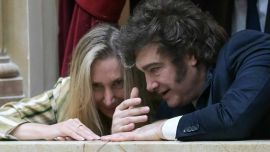

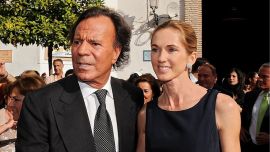







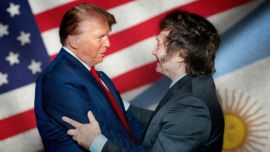
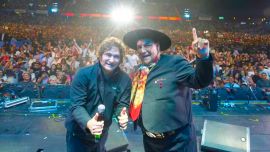
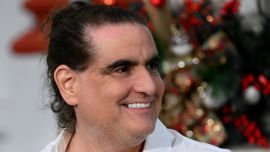
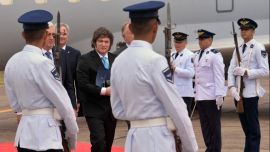
Comments